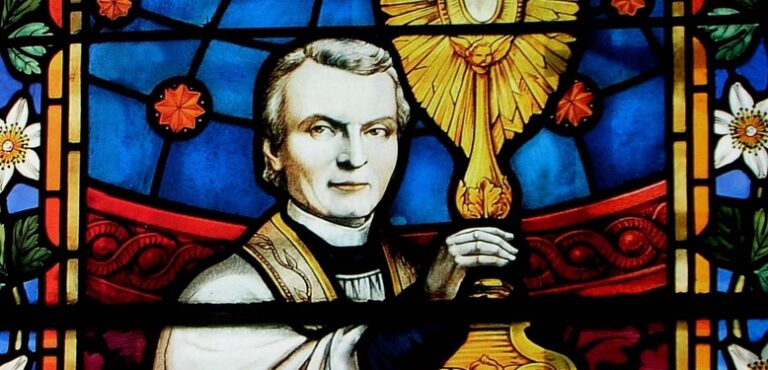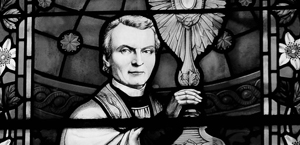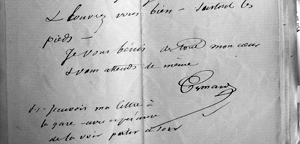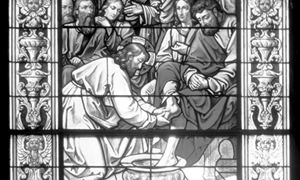30th Sunday in Ordinary Time
Rejoice, humility, and compassion are themes intertwined in today’s readings. Jeremiah, known for being a prophet of gloom and doom, prophesies a message of hope and joy. Those who have survived the exile are returning home, and Jeremiah pays particular attention to the marginalized, the blind, the lame, and mothers. Jeremiah’s message resounds in praise that God’s salvation is for all.
In the second reading, we hear of Jesus’ compassion and humility. He understands our weaknesses, for he himself is beset by weakness, yet he never falters, giving glory to God the Father through his patience and compassion. In understanding our weakness, we find comfort and rejoice in his love for us.
The gospel reading from Mark illustrates Jesus’ compassion and understanding, performing his last miracle before entering Jerusalem and suffering his passion and death. We can all identify in some way with the blind man, Bartimaeus. No matter how well we see with our eyes, we put blinders on, losing sight of our weaknesses. We are all great at seeing what we perceive as another’s weakness. If someone came to Mass and cried loudly, Jesus, Son of David, have pity on me, what would the response be? I know mine would be judgmental. Judging others permeates society. We cannot escape it, but we can control our response by imitating the prophet Jeremiah and Bartimaeus. I am not suggesting that we cry out during Mass, but the readings today give us cause to reflect on our “blindness” towards others and our weaknesses and to rejoice in all that God does for us. When healed, Bartimaeus did not succumb to his old ways but rather became a follower of Jesus.
What weakness will you release to better follow Jesus?
Let Us Pray:
Almighty God, like Bartimaeus, we lose sight of your love for us. We pray that you have pity on us in our weakness and strengthen us to become humble, compassionate people, rejoicing in your love for us. We make this our prayer through Jesus, our Lord and Savior. Amen.













